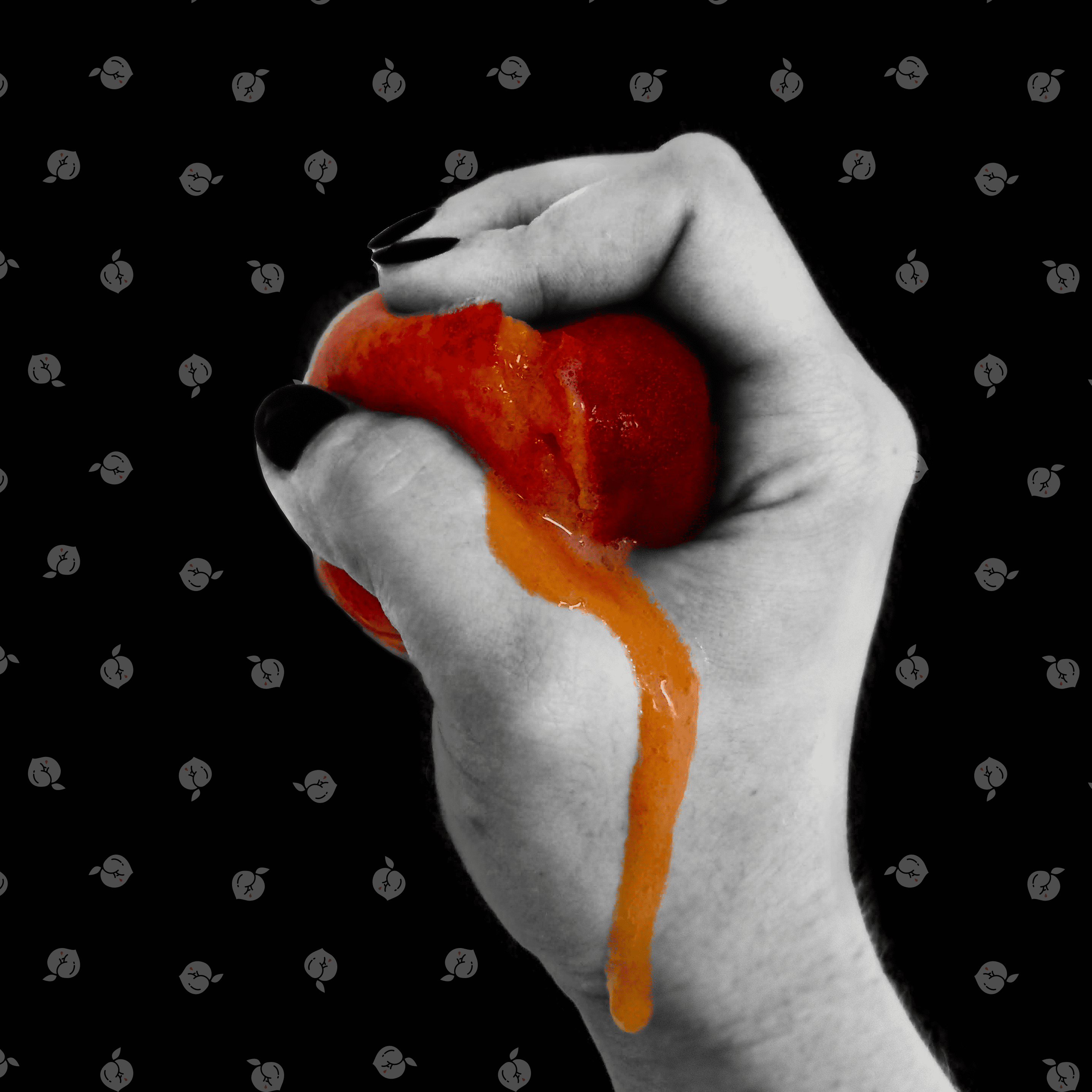Holy Virginity
I lost my virginity very young. Maybe it was the devil possessing me, my parents' fault for not enrolling me in catechesis, or my raging hormones and first love. That's not to say that I didn't fantasize about that perfect evening of losing my virginity when it would hurt a little and then would be done. But instead, I reached the milestone as something mundane.
Traditionally, it was believed that a woman had to keep her virginity carefully guarded until marriage when she lost her flower to her husband on their wedding night. That is when a woman's purity ends. When the hymen is perforated, it is over. In some cultures, this is still true today. If the West has gone a little astray, in cultures where religion plays a decisive role, women must not lose their virginity before the marriage. Rape before a wedding is also not exempt and, like premarital sex, humiliates the whole family.
Some cultures go so far as to demand proof of virginity. The hymen plays a decisive role in this, depending on its condition. A torn one will doom you, but an intact one will give you a ticket to the next life. It is up to the individual countries to decide how to do this test. Most often, the examination is carried out by a gynecologist who finally issues a certificate of virginity. Elsewhere, a woman proves her virginity by bloodstains on her bedclothes after the first night spent with her husband. If there is no blood, she has not passed the test. This is condemned by the whole world, and the World Health Organisation has labeled these tests as abuse of women.
The hymen is also to blame for the fact that virginity is now considered by some to be a myth because, despite what many people think, the hymen is not a membrane that completely covers the entrance of the vagina. This theory is also defended by medicine. It is not necessary to have sexual intercourse to tear the hymen; riding a horse or a bicycle is enough. For those keen to keep your daughter's virginity, do not sign her up for activities that involve something between the legs.
It shows how highly valued it is in some cultures when women are willing to undergo hymenoplasty to have their hymen replaced or repaired (it sounds like going to a mechanic). This was also popular in the West some time ago. Women who reclaimed their virginity in this way were called born-again virgins. And this, at least in the West, for a reason - virgins have been most valued throughout history.

Virginity has its origins in Antiquity. Parthenos, which today is visited by hordes of tourists, is the Greek name for virginity and is dedicated to the goddesses Artemis and Athena. The latter is known for her wisdom, courage, justice, and never having a lover or a husband. In the Roman Empire, the Vestal Virgins were as valued as Athena for their purity and were among the most respected members of society at the time. They served the goddess of the heart, Vesta, and kept her fire burning in the temples, a fire that protected the Roman Empire. Unlike other women, they could vote and own land. In return, they had to renounce contact with men and keep their virginity.
On the contrary, today's feminism treats virginity differently, as a social construct. In society, there are double standards. For men, virginity is shameful, and they are praised if they lose it as soon as possible, while women's virginity must be maintained intact for as long as possible. Deflowering symbolizes the transfer of a woman from her father to her husband. The same as a father walking his daughter down the aisle. Well, maybe it's just slightly more innocent. Moreover, feminism argues that virginity is often a cause for 'slut shaming'. For example, if a woman loses her virginity too early, she is often the target of mockery. They also speak against virginity because it is seen as a supporting pillar of heterosexuality and excludes the LGBTQ community.
While discussing the perception of virginity today and in history, some women are sent for virginity tests, some regret that they lost their virginity too late, and others too early. Some are forging a plan for the perfect evening at that very minute. Virginity will always be a part of each of us; it is just a question of how much attention we pay to it and how much the society around us is.















-0 comments-